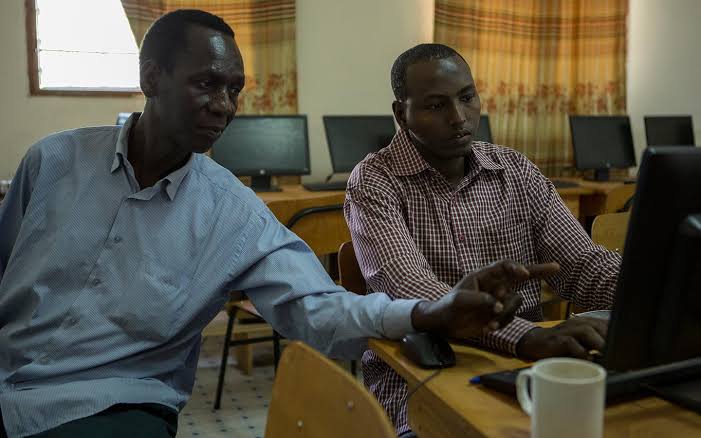Ugandan refugee camps will now have internet access through an agreement between Uganda and the World Bank.
The goal of the project is to help refugees become more employable by teaching them computer and language skills.
Internet access is part of the Universal Digital Acceleration Programme. The five-year plan starts in the Ugandan Financial Year 2023–2024. The Permanent Secretary of ICT and National Guidance, Amina Zawedde, said that last-mile towns like refugee camps would benefit from being connected to the internet.
The event was sponsored by MTN Uganda, the Uganda Small Scale Industries Association, and Centenary Industries Limited. The following groups raised Sh15 million to expand the computer lab at the “Refugee and Hope” refugee home in Kampala.
Read also: Uganda’s Zofi Cash secures $1m pre-Seed funding to scale Africa
Refugees seeking asylum are taught business skills, languages, and how to deal with stress at home. Refugee and Hope got five computers with free internet for a year, stickers for billboards, and fabrics.
The East African nation hosts 1.5 million refugees from the Democratic Republic of the Congo, Burundi, and Saudi Arabia. It has the most refugees in Africa. The UN and NGOs provide most humanitarian aid, although Uganda registers refugees.
Ugandan refugee groups have benefited from digital skills training before. Last week, Hello World, a charity, collaborated with Imagine Her and Roke Telkom to establish a solar-powered digital hub. Refugees and host communities will learn about e-commerce and digital banking at the Hello Hub in Yumbe District.
Uganda’s digitization
Uganda gives digital change a higher priority than just giving refugees access to the internet. Uganda’s Vision 2040 includes a plan to improve its skills in all areas, including ICT, by making them more digital. But some problems keep the country from reaching its full ICT potential.
The Ugandan Ministry of ICT and National Guidance says that there are problems with network coverage, the level of service, and the price of smartphones. To deal with these problems, Uganda’s Digital Transformation Programme will improve ICT facilities and use.
Digital infrastructure and connectivity, cyber security, digital skills, innovation, and digital services are the roadmap’s five pillars. The 2022 National Broadband Survey recommends cutting smartphone import fees and other tariffs for the first pillar. Smartphone use would increase. Lower data prices and additional cable could also make internet access easier.
Uganda will develop a comprehensive cybersecurity plan to defend its citizens from emerging internet threats. The country will consistently produce more tech-savvy kids. Thus, teachers will receive digital training to teach their students.
Uganda’s startup scene is smaller than Kenya’s and mostly in Kampala. The country will support innovation and product launches to expand the tech industry. Ugandan innovators will be encouraged to sell to government MDAs.
In the most recent pillar, digital services would be given to MDAs and citizens, especially vulnerable groups like the elderly and disabled.




